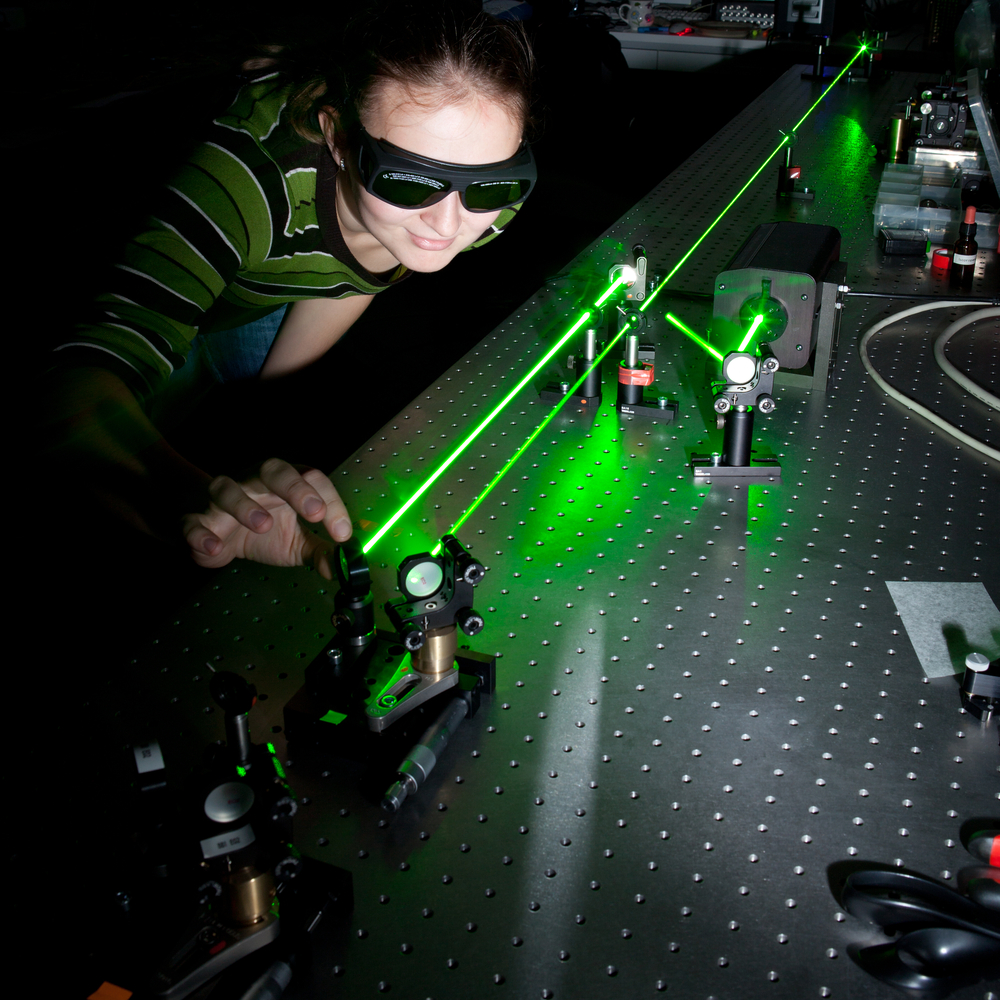Hollywood Science is Getting Better
There was a time when scientists in the movies were consistently made into villains, odd-balls or crazy-haired geeks. Think Frankenstein, Back to the Future, or even Nightmare Before Christmas.
I’ve long been fascinated by science fiction and science in Hollywood. If anyone can remember back far enough, I began this very blog with a pitch to Nature Network (now SciLogs.com) to cover science in film. One of my first ever blog posts explored genetic sequencing and genetic profiling technologies as depicted in the film Gattaca. I even started a (now defunct) Science in Film Facebook page.
Many scientists have long decried the inadequacy of accurate depictions of science in Hollywood – often for good reason when it comes to actors playing scientists being mostly older white males. But science in Hollywood seems to be taking a turn for the better.
“[O]ver the past decade there has been a trend towards ever more positive ‘hero’ portrayals of scientists.” – Nisbet & Dudo
In a recent paper for the American Chemical Society Symposium series, Matthew Nisbet and Anthony Dudo explore how Hollywood scientist archetypes have changed over time. From the sinister and immoral Dr. Frankenstein, to the amoral scientists working as “pawns” in Jurassic Park, to the eccentric, anti-social geek (Doc from Back to the Future comes to mind), scientists in Hollywood have come a long way. Today, the scientist as protagonist and hero increasingly leads the day. This archetype can be seen in the tech-y Robert Downey Jr. in Iron Man and the brilliant (if a bit powerless in the face of ‘big industry’) Sigourney Weaver in Avatar. And then there are perhaps the even more positive depictions of scientists as fundamentally human, neither hero nor villain, flawed yet empowered by an ethical and professional code. These are the roles of scientists in Hollywood that we can see ourselves filling.
While the film suffers a number of other scientific fallacies, I enjoyed the depiction of the husband and wife scientist pair in Outbreak. I re-watched the film recently, I’ll admit, to see how it depicted the spread of an Ebola-like virus. The film, while based on rather flimsy science (I believe their mass production of anti-serum from a single host primate within hours was highly unrealistic), featured several scientists who were brilliant and yet human, who made mistakes as well as discoveries.
“Of the scientist characters, 81% were characterized as good with some of the best known examples being Gil Grissom from CSI and Leonard Hofstadter from The Big Bang Theory, 26% as both good and bad such as Dr. Gaius Baltar from Battlestar Galactica, and just 3% as bad which includes examples such as villainous David Robert Jones.” – Nisbet & Dudo
What Nisbet and Dudo don’t discuss, and what I’d be interested to know, is whether depictions of scientists have become more diverse. I suspect there is still an under-representation of women and minorities playing scientist roles in films. And where women and minority scientists are represented in Hollywood, they might be the subjects of yet harmful gender and race based stereotypes. For example, why is it the woman who pricked her finger with an Ebola-contaminated needle in Outbreak? Although one of the other male scientists in the film also had a fatal lab accident with the virus.
Other aspects of science are improving in Hollywood. Increasingly, scientists are being asked to provide content direction as audiences demand more realistic plotlines, including realistic science. And where entertainment media still comprise the dominant source of science information for lay audiences, more accurate depictions of science in film are highly prized by science communicators.
“As entertainment portrayals have shifted since the 1990s from more negative archetypes to more positive hero portrayals, so have the stereotypes held by adult audiences. […] in comparison to 1985, American adults in 2002 were far less likely to hold negative stereotypes about scientists and were much more likely to believe that a career in science was a desirable choice for their children or for themselves.” – Nisbet & Dudo
In interesting survey-based studies since the 2000s, heavy entertainment television viewers actually scored higher on belief in science as contributing to societal progress. Of course, this depends on the type of entertainment program(s) viewed. But this result is quite a positive departure from studies in the 1980s showing heavy television viewing to be correlated with more negative views of scientists and new technology (see studies by Gerbner and colleagues). Even science fiction films these days are often seen as contributing to positive attitudes toward science and technology, even when the science is not completely realistic. We still want to be entertained, after all! The drama that occurs day to day in the typical lab environment is, well, under-Hollywood-ized to say the least.
“In part, science fiction TV viewing may in fact desensitize an audiences’ natural ‘yuck factor,’ shielding viewers from the influence of some of the more dramatic claims made by political opponents of stem cell research [for example].” – Nisbet & Dudo
Want to further improve the depiction of scientists and science in Hollywood? Volunteer to become a science film consultant with Science & Entertainment Exchange (contact them here).



